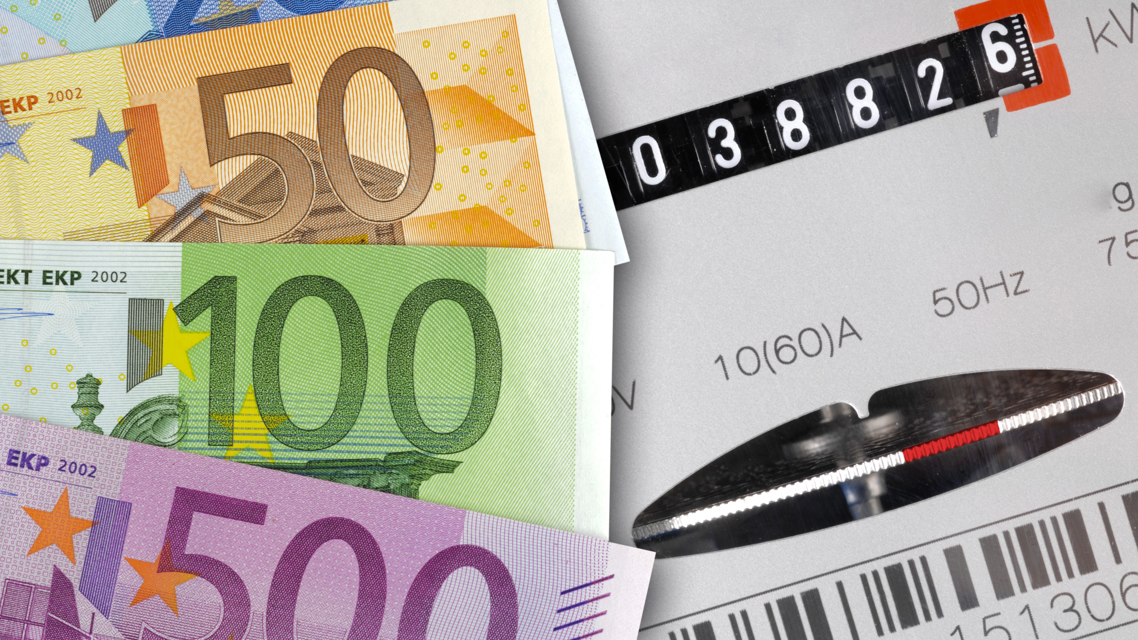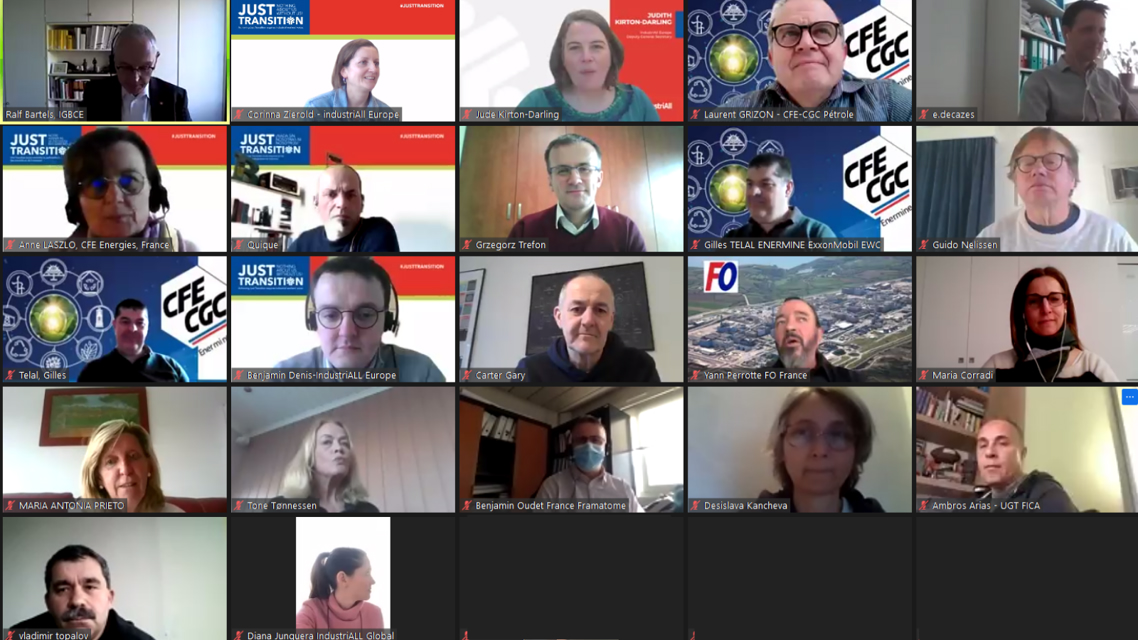Europe is experiencing an unprecedented energy crisis due to a war situation... This might be the right moment to re-assess the way the energy system is working in Europe, as a market driven, liberalised energy system is not fit for purpose.
Meeting in various sectoral networks this week, industriAll Europe’s affiliates have reiterated their solidarity and concerns for the people of Ukraine, as well recognising the new challenges created by Russia’s invasion for energy supply and security in Europe and the intensification of Europe’s energy price crisis. The energy price crisis threatens jobs and increases poverty.
At the same time, the energy price crisis has concentrated minds in the European Commission. Four months after the publication of its first toolbox to cope with rising energy prices, and with the heightened prices and tension caused by Russia’s invasion of Ukraine, the European Commission on Tuesday 8 March, published a new Communication: ‘REPowerEU: Joint European Action for more affordable, secure and sustainable energy’. The proposals aim to adapt the EU’s response to the crisis situation surrounding energy prices and security of supply in light of the new circumstances.
This new policy document “sets out new actions to ramp up the production of green energy, diversify supplies and reduce demand, focusing primarily on gas, which significantly influences the electricity market and where the global market is less liquid”. For oil and coal, the EU has a broader range of potential suppliers.
The Commission also proposes a series of measures to mitigate the price impact on the retail market for households and for companies. Price regulations (using Art. 5 of the Electricity Directive) and state aids can be used to provide the necessary support to final consumers, including companies facing liquidity issues because of the energy prices. Tax revenues on windfall profits, the extraordinary ETS revenues and the ‘general escape’ clause of the Stability and Growth Pact, can be used to help Member States finance these support measures.
A legislative proposal setting out obligations for gas storage will be published later this spring, while initiatives will be launched to coordinate in a solidaristic way the refilling operations of gas storage.
IndustriAll Europe is, however, concerned that the EU must implement urgent measures to secure affordable energy supply in the short-term.
“People need to be able to warm their homes now and to have access to mobility. Current energy bills are rising beyond what many citizens can afford, especially given the precariousness created by stagnating and low wages”, stressed Luc Triangle, industriAll Europe’s General Secretary.
“Jobs and industries are directly threatened. With skyrocketing energy prices, many companies, notably in energy intensive industries, are endangered and demanding state aid support.
This must of course be done in a fair and proportionate way, since some companies in these sectors have also recently announced record profits and historical dividends for their shareholders.”
In that perspective, even if reaching climate neutrality remains the objective, the current geopolitical situation and its impact on energy supply and cost demand that all available means are mobilised to secure affordable energy for all in the coming months.
Energy is a key condition of our prosperity and Europe cannot replace energy imported from Russia overnight. Energy efficiency, joint efforts for supply diversification, the acceleration of renewable energies’ deployment, the use of existing low-carbon power generation units, mandatory storage obligations, as well as the use of available domestic energy resources, must be among the EU’s priorities to prepare Europe for next winter. EU Member States must also start to think outside the box when it comes to market rules.
“Europe is experiencing an unprecedented energy crisis due to a war situation, even though many challenges were already visible. This might be the right moment to re-assess the way the energy system is working in Europe, as clearly a market driven, liberalised energy system is not fit for purpose”, said Judith Kirton-Darling, industriAll Europe’s Deputy General Secretary.
“Windfall profit taxes, regulated prices, alternatives to the pricing method, based on marginal cost, and greater use of public service obligations, are all options that Europe must urgently consider to reshape its energy system.
Households need to be supported by all available means to overcome this crisis, to avoid deepening inequalities and leaving more people in extreme poverty in Europe.”
In the longer term, the European Green Deal remains the right strategy for Europe if it effectively allows us to strengthen our open strategic autonomy.
Europe’s open strategic autonomy is just a fairy tale if it is based on replacing one import dependency with another. Instead, we need a coherent energy policy based on energy efficiency first principles; renewable and other low-carbon energy sources; clean hydrogen, as well as an industrial strategy that safeguards energy-related supply chains and related jobs that will be developed in Europe.
IndustriAll Europe is closely monitoring the situation with its affiliates and will provide suggestions to shape a European energy policy that is fit for the challenges ahead of us.

